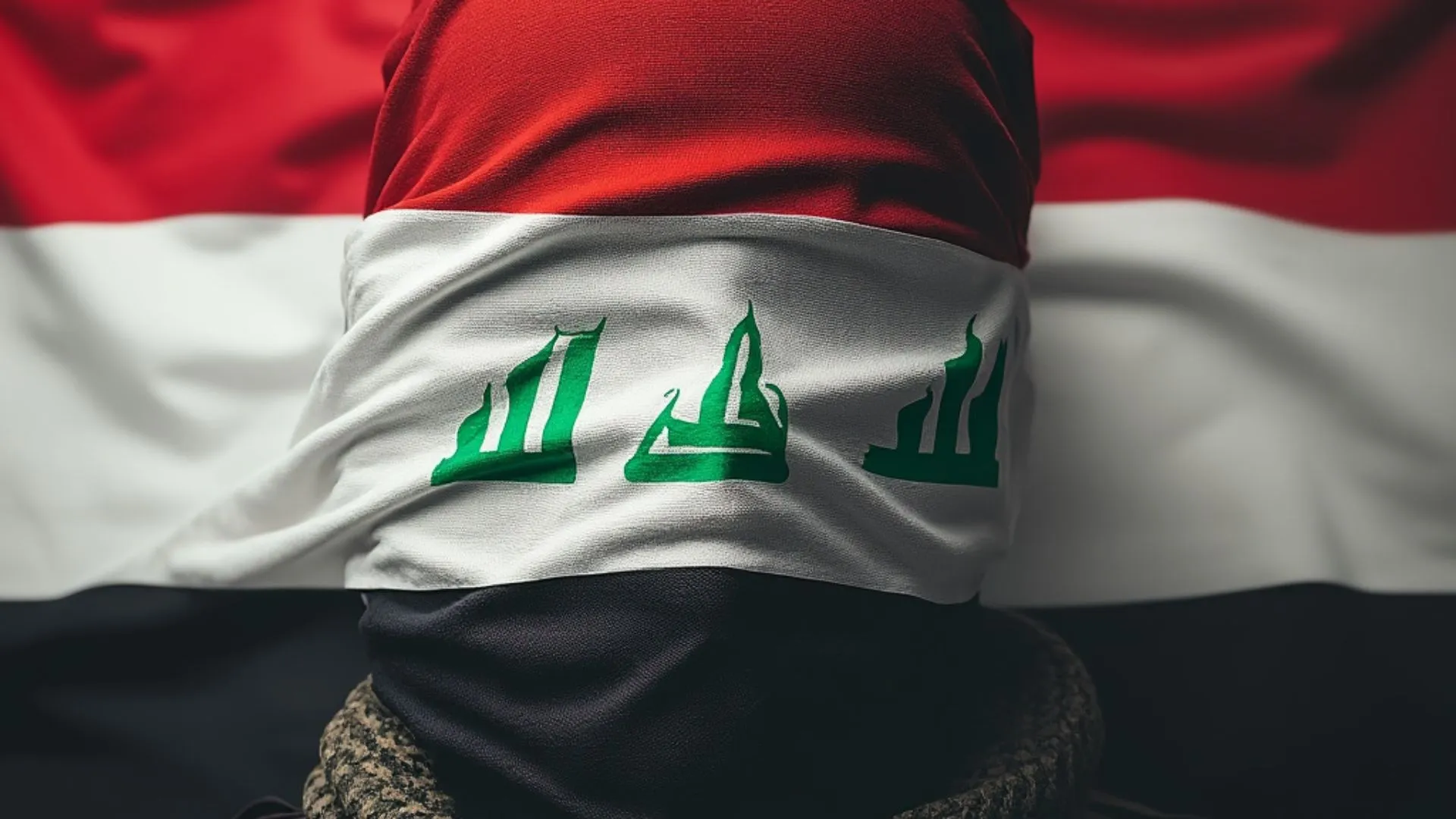As tensions rise in the Middle East, Iraq finds itself in a precarious position, trying to navigate a growing regional conflict without becoming entangled in it. With Iran-backed militias launching attacks on Israel from Iraqi territory, the Iraqi government is taking measures to maintain its fragile stability. Sources familiar with the situation indicate that Iraq is closely monitoring Israel’s military operations in Gaza and Lebanon while attempting to avoid escalation.
Following the U.S.-led invasion that overthrew Saddam Hussein two decades ago, Iraq has experienced a period of relative stability. This stability has been bolstered by significant revenue from oil sales, allowing the government to fund infrastructure projects and public services.
However, the specter of regional conflict looms large, particularly as the Iraqi government, led by Prime Minister Mohammed Shia al-Sudani, seeks to maintain a delicate balance between its relationships with both the United States and Iran.
Iraq does not maintain diplomatic relations with Israel, and al-Sudani’s administration is particularly cautious about conflicts that could threaten the fragile peace achieved within its borders. The recent surge of attacks from Iranian-backed groups has raised alarms, prompting fears of a larger conflict spilling over into Iraqi territory.
The Influence Of Iranian Militias
Despite Iraq’s efforts to restrain the Islamic Resistance in Iraq—a coalition of Iran-backed militias—escalating violence continues to pose a challenge. Reports indicate that attacks against Israel have persisted, with recent strikes resulting in casualties, including the deaths of two Israeli soldiers and injuries to more than twenty others. This marks a concerning development, as it is the first reported incident of fatalities from these attacks.
Sources reveal that the Iraqi government has sought assistance from Iran to rein in its allied factions. However, two recent visits by top Iraqi security officials to Tehran were met with resistance. A senior Iraqi security official, briefed on these discussions, stated, “The Iraqi delegation received a cold reception in Tehran… The answer was: those groups have their own decision and it is their call to decide how to support their brothers in Lebanon and Gaza.”
Baghdad Turns To The U.S. For Help
In light of the escalating violence, Baghdad has reached out to Washington for intervention. Iraqi officials have requested that U.S. authorities communicate with Israel to prevent retaliation against Iraqi territory. “Washington was understanding of the repercussions of possible Israeli strikes in Iraq and pledged to help,” stated an Iraqi foreign ministry official. However, the U.S. embassy in Baghdad has yet to respond to requests for comment on the matter.
The militias involved, notably Kataib Hezbollah and Nujaba, have issued warnings against any pressure to halt their operations. They assert their commitment to continue attacks as long as Israel pursues military operations in Gaza and Lebanon.
Divisions Within The Iraqi Government
The ongoing conflict has sparked division within Iraq’s ruling coalition. While there is a shared sympathy for the Palestinian cause among Shi’ite leaders, opinions vary on Iraq’s level of involvement in the conflict. Some lawmakers within the coalition believe that direct confrontation with Israel would be counterproductive and harmful to Iraq’s interests.
During meetings in October, Shi’ite leaders discussed the potential repercussions of attacking Israel, highlighting concerns over possible Israeli retaliation. Ahmed Kenani, a Shi’ite lawmaker from the ruling alliance, acknowledged these risks and the need for a measured response.
PM advisor Abul Ameer Thuaiban expressed the view that militias should focus their efforts in Gaza and Lebanon rather than drawing Iraq into conflict. He stated, “Those groups who have the rockets and drones should go to Gaza and Lebanon to fight Israel rather than pushing Iraq towards destruction.”
The situation remains fluid, with Kataib Hezbollah warning that Israel and the United States would face consequences for their actions. Senior Iraqi security sources indicate that any Israeli strikes against Iran could lead to an escalation of attacks on Israel and U.S. interests in the region.
MUST READ | San Diego Brush Fire Forces Evacuations As Flames Spread Through Talmadge Neighborhood























